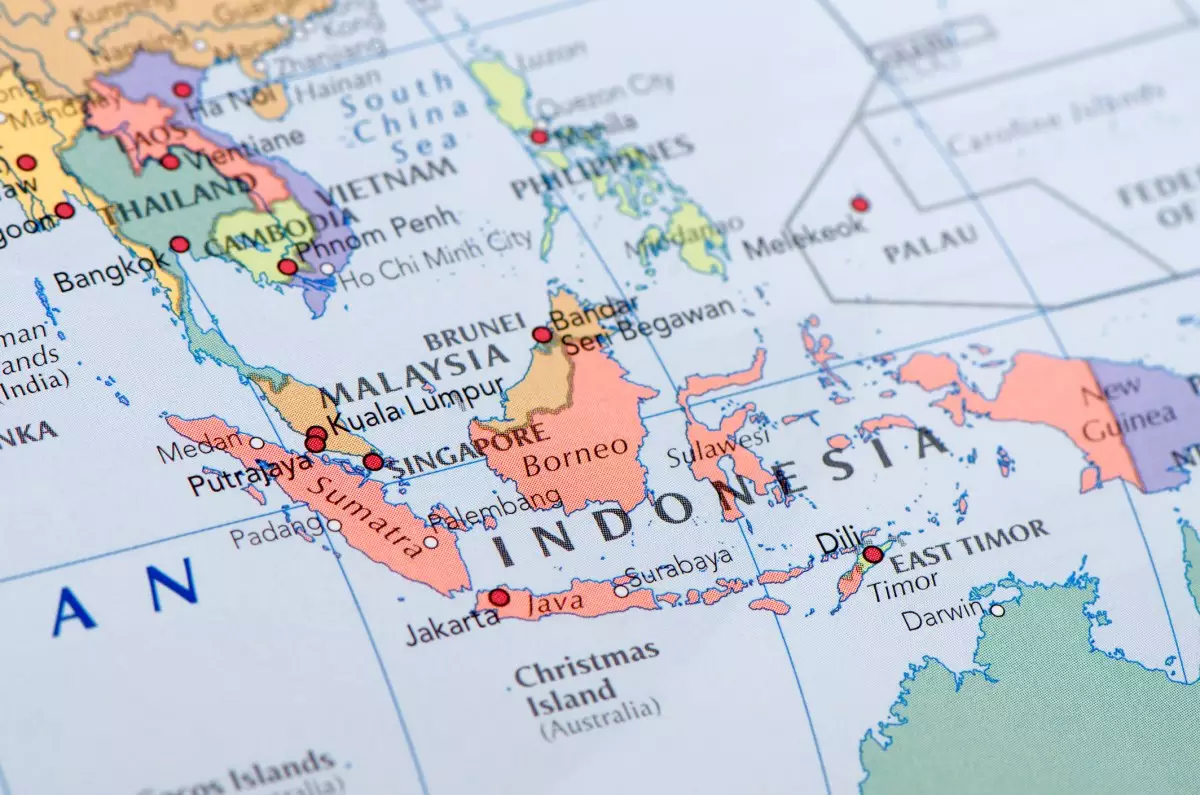The integration of artificial intelligence (AI) within the healthcare sector is rapidly transforming how we access and receive medical services. With a notable surge in partnerships between tech giants and pharmaceutical entities, the deployment of AI tools across healthcare settings is becoming not only feasible but essential. This growing trend is evident in the recent collaborations between companies such as Amazon Web Services (AWS) and General Catalyst, aiming to revolutionize healthcare through advanced technology.
As digitalization of healthcare takes center stage, startups around the globe are adapting innovative solutions to cater to evolving patient needs. One such pioneering venture is HD, a Thailand-based startup that has introduced the concept of a digital marketplace for medical services called HDmall. This initiative is aimed at addressing the fragmented landscape of healthcare in Southeast Asia, streamlining access to healthcare providers while creating a transparent and user-friendly platform.
Empowering Patients through Technology
At its core, HDmall serves as a conduit between patients and healthcare providers, whether they’re hospitals, clinics, or specialty services. As cost becomes a significant concern for patients—who often must shoulder a substantial portion of healthcare expenses—the importance of an accessible marketplace cannot be overstated. HDmall not only helps users identify healthcare providers but also offers features like cost aggregation and installment payment plans, making healthcare more affordable and navigable.
The startup recently attracted $7.8 million in equity funding, with notable participation from the pharma giant Merck Sharp & Dohme (MSD). This funding is pivotal for enhancing HDmall’s capabilities and advancing its AI-driven solutions. By investing in AI, HD seeks to improve user experiences—leveraging technology to provide real-time information and streamline healthcare processes for patients.
The development of AI applications such as Jib AI represents HD’s commitment to melding technology with healthcare services effectively. This AI-powered chatbot is trained on diverse datasets, allowing it to manage a significant portion of customer interactions efficiently and effectively. Such implementation frees healthcare professionals, including doctors and nurses, to concentrate on providing quality patient care rather than administrative tasks.
In its future plans, HD aims to enhance Jib AI’s functionalities further with added capabilities for processing orders, handling refunds, and managing electronic health records. Leveraging AI in this manner not only improves patient engagement but also mitigates the labor burden on healthcare personnel, ultimately fostering better health outcomes.
Despite these advancements, the company faces stiff competition in a dynamic Southeast Asian landscape that includes established market players. However, according to HD’s co-founder and CEO, Sheji Ho, the startup’s unique approach—a B2C2B strategy—positions it favorably against competitors that primarily focus on B2B services. This model seeks to build a strong consumer base before transitioning to enterprise partnerships, a strategy that is likely to yield long-term benefits.
Southeast Asia presents a unique set of challenges that vary significantly from Western healthcare systems. Patients typically do not engage with primary care doctors but rather seek immediate services from hospitals or clinics. Such behavior is often driven by a lack of comprehensive health insurance options and high out-of-pocket expenses. This reality has intensified the demand for platforms that offer transparent pricing and accessible information regarding healthcare services.
HDmall’s strategy aligns perfectly with these behavioral changes, catering to a market that values clarity and comparison over traditional models of care. As Southeast Asia’s healthcare landscape evolves, more individuals are turning to online sources for information and services, akin to the way they currently interact with platforms like Google or ChatGPT.
Expanding Horizons: Future Potential Across Southeast Asia
HD currently operates in Thailand and Indonesia but has ambitions to expand into other countries like Vietnam and Myanmar, which share similar healthcare infrastructures. The market dynamics in these countries indicate a growing reliance on private healthcare solutions as public funding becomes increasingly constrained.
Moreover, the shift towards self-empowerment among patients, who are more inclined to research and make informed healthcare choices, aligns seamlessly with HD’s mission. By facilitating a digital environment that promotes informed decision-making, HD empowers users to take control of their healthcare journeys.
This combination of technology, accessibility, and personalized service positions HD at the forefront of a healthcare revolution in Southeast Asia. As they continue to innovate and expand their services, they not only enhance the buying power of consumers but also broaden their impact across a sector that remains pivotal to society’s overall well-being. Ultimately, the convergence of AI and digital marketplaces signifies a transformative era in healthcare, affirming that technology and patient care can harmoniously coexist.

